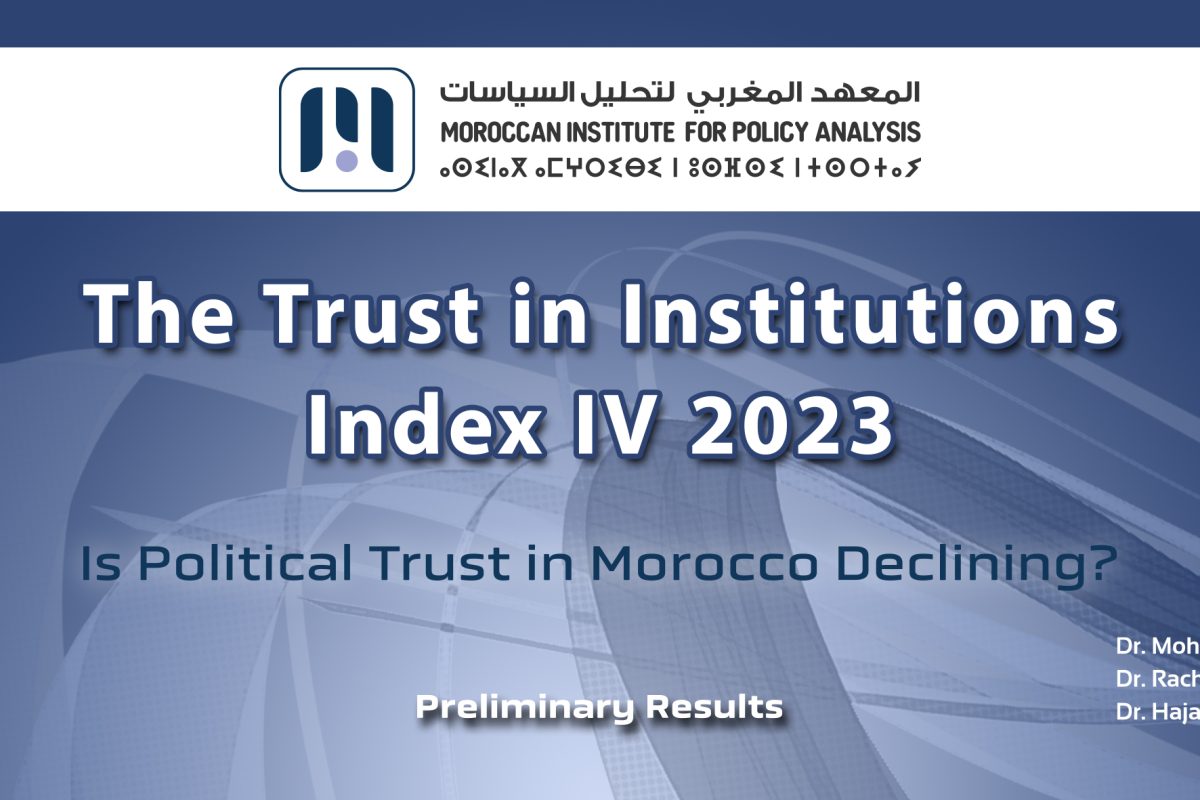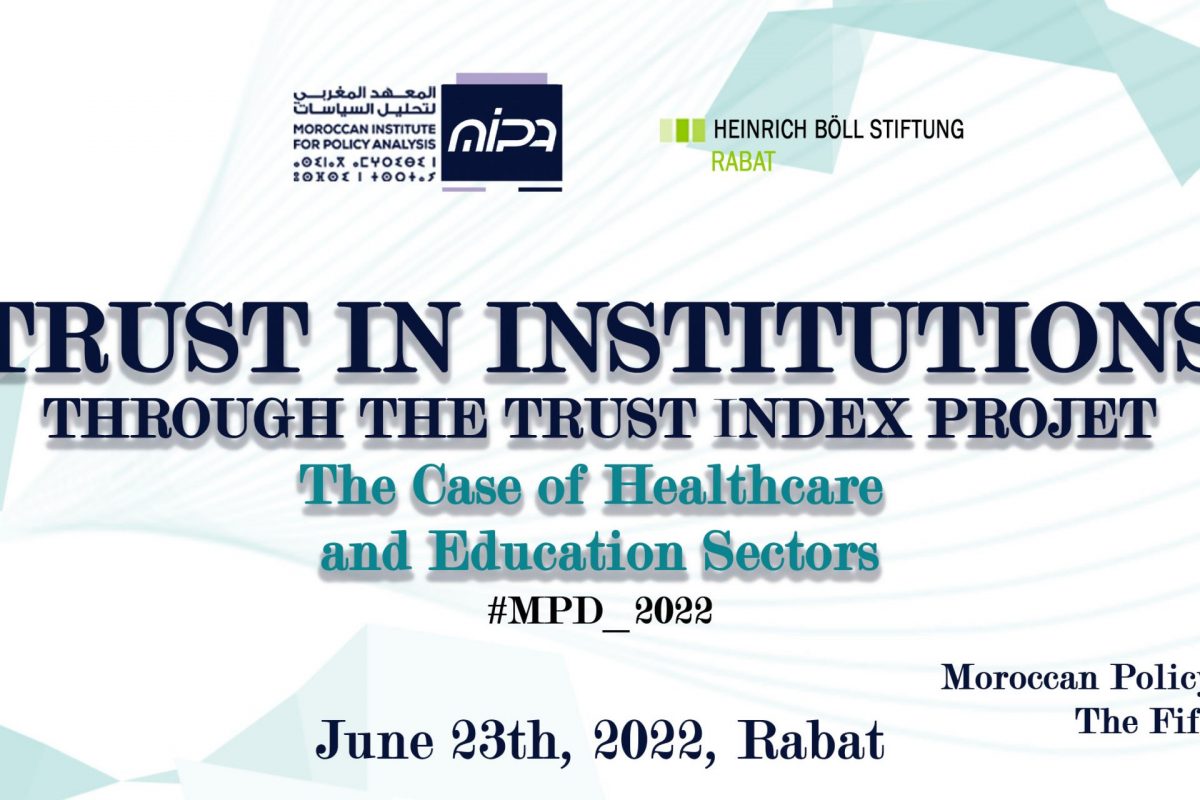Webinar: The Future of the Cryptocurrency in Morocco
Context
Technologically, Blockchain is a digital ledger that is gaining a lot of attention and traction recently. Blockchains act as decentralized systems for recording and documenting transactions that take place involving a particular digital currency. While Bitcoin and other cryptocurrencies grew intensely popular among the general financial and investment worlds in late 2017 and early 2018, they have since become more of a niche area for cryptocurrency enthusiasts. For Instance, Bitcoin — the world’s first decentralized cryptocurrency, launched in 2009 — is the biggest and most popular, with a market cap valued at $786 billion as of early January 2022. However, blockchain technology is much more than a system for securely transferring cryptocurrencies. There are many concerns and worries swirling around the technology and its capacity to disrupt traditional financial systems. Outside of finance, it can be used in applications including healthcare, political stability, insurance, voting, and welfare benefits, gambling. With the technology already impacting business and society on many levels, the global economy is preparing for the blockchain revolution. This technology is, therefore, going to be the game-changer in the days to come. According to surveys and reports, many new innovative companies will use it and in less than a decade Blockchain and Cryptocurrency can become foundational technologies for a substantial portion of the global customer base.
Morocco is one of the countries that have banned Bitcoin and cryptocurrency transactions both by institutions and by the government since 2017 and no clear regularizations of this sector to allow its legal use within the country have been formulated. However, its use cannot be stopped as far as smartphones and access to Internet are available. Recently, the governor of the Central Bank of Morocco, Abdellatif Jouahiri, said in an official statement that cryptocurrencies are the future and the country is deliberating with the International Monetary Fund (IMF) and the World Bank (WB) to establish a common regulatory framework governing cryptocurrencies while also forming a committee to discuss licensing cryptocurrencies.
Despite the opportunities that digital currencies may present, challenges remain. Their potential can only be realized if they are supported by a legal framework that guards against risk and provides certainty to market participants with respect to the legal status of digital currencies and the legal consequences of their use. Jurisdictions around the world are stepping up efforts to ensure that their legal frameworks meet these challenges.
In the context of the ongoing debate on whether cryptocurrency is a boon or a bane, this webinar will analyze the implications of cryptocurrency in Morocco and the possible contours that cryptocurrency regulation should now take.
The focus topics for the webinar are:
- The factors driving cryptocurrency’s global adoption
• Morocco having an official digital currency and its implications
• What are the barriers to wider adoption of blockchain technologies and how can standards mitigate them?
• Why does cryptocurrency need to be regulated?
• What future opportunities do we foresee for standardization in blockchain?
• Areas of usage of blockchain beyond cryptocurrencies and the financial industry.
Date: June 9, 2022, at 3.00 pm GMT
Venue: Zoom/ that the event will be recorded and the recording will be shared on the MIPA website and social networks.
Language: English
For Registration:
By: Moroccan Institute for Policy Analysis (MIPA)
MIPA Institute
MIPA is a non-profit independent research institution based in Rabat, Morocco. Founded by a group of transdisciplinary researchers, MIPA’s mission is to produce systematic and in-depth analysis of relevant policy issues that lead to new and innovative ideas for solving some of the most pressing issues relating to democracy.


